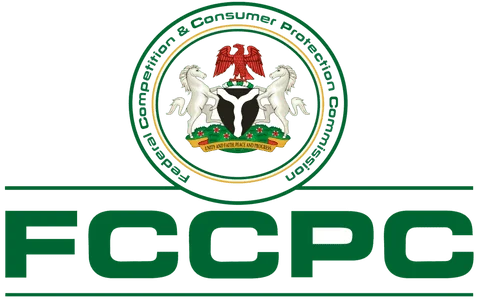Nigeria’s consumer landscape is beset by a rising tide of grievances, with financial institutions and digital service providers emerging as the primary sources of consumer discontent. The Federal Competition and Consumer Protection Commission (FCCPC), in its recent report, revealed a staggering number of complaints lodged between March and August 2025, painting a stark picture of systemic issues within key sectors. Over 4,600 complaints were directed at banks and fintech firms, highlighting vulnerabilities in areas ranging from traditional banking services to the rapidly expanding digital finance landscape. This dominance underscores the urgent need for strengthened regulatory oversight, improved customer service mechanisms, and greater accountability within the financial services industry. While the FCCPC recovered over N10 billion for affected consumers, the sheer volume of complaints points to deep-seated challenges requiring more than just financial restitution.
The banking sector alone accounted for over 3,173 complaints, solidifying its position as the leading source of consumer disputes. Recurring issues such as unexplained account charges, unauthorized deductions, and failed electronic transactions dominate the grievances, revealing persistent weaknesses in customer service and dispute resolution processes. These recurring problems indicate a systemic disregard for consumer rights and necessitate collaborative efforts between the FCCPC and the Central Bank of Nigeria to bolster consumer protection measures and enforce stricter compliance within the banking industry. The high volume of complaints not only reflects individual consumer frustrations but also raises concerns about the overall stability and trustworthiness of the banking system.
Fintech companies, while representing a relatively new segment of the financial services landscape, have quickly climbed to the third position on the list of consumer grievances, with 1,442 complaints registered. This rapid rise in complaints against fintech firms mirrors the exponential growth of digital finance and investment platforms in Nigeria. Disputes concerning digital lending practices, online investment schemes, hidden charges, and allegations of predatory practices are becoming increasingly common. The FCCPC’s findings underscore the critical need for enhanced regulatory scrutiny of fintech operations, especially in areas like digital lending and online investments, to safeguard consumers against exploitative practices in this rapidly evolving digital economy.
Beyond the financial sector, other essential services are also grappling with significant consumer dissatisfaction. The electricity sector, with 458 complaints, remains a constant source of frustration for Nigerian consumers. Issues such as estimated billing, metering disputes, and prolonged power outages continue to plague the sector, highlighting the need for improved coordination between regulatory bodies and electricity distribution companies to address these persistent problems. The high volume of complaints directed at the electricity sector underscores the urgency of implementing effective solutions to enhance service delivery and protect consumers from unfair practices.
E-commerce, while facilitating access to a wider range of goods and services, has also emerged as a growing source of consumer complaints. Failed deliveries, delayed refunds, and counterfeit products are among the most frequently reported issues. Though the average financial loss per e-commerce complaint is relatively lower compared to banking or fintech, the sheer volume of complaints indicates widespread vulnerability at the retail level. This calls for stricter regulations within the e-commerce sector to ensure consumer protection and promote fair trading practices.
The FCCPC’s report highlights the critical role of consumer protection in Nigeria’s evolving economy. The prevalence of grievances across multiple sectors necessitates a multi-pronged approach involving enhanced monitoring, stricter enforcement of consumer protection laws, and increased collaboration between the FCCPC and other sector-specific regulators. The introduction of new regulations for digital lending is a positive step towards curbing abusive practices and improving transparency, but the continuing influx of complaints indicates a need for continuous monitoring and adjustment of regulatory frameworks to effectively address the challenges faced by consumers in the digital marketplace. The FCCPC’s commitment to transparency, reflected in the publication of sector-specific consumer data, plays a crucial role in empowering consumers and holding businesses accountable. By shining a light on these systemic issues and actively pursuing solutions, the FCCPC aims to foster a fairer and more transparent marketplace that protects the rights and interests of Nigerian consumers.














